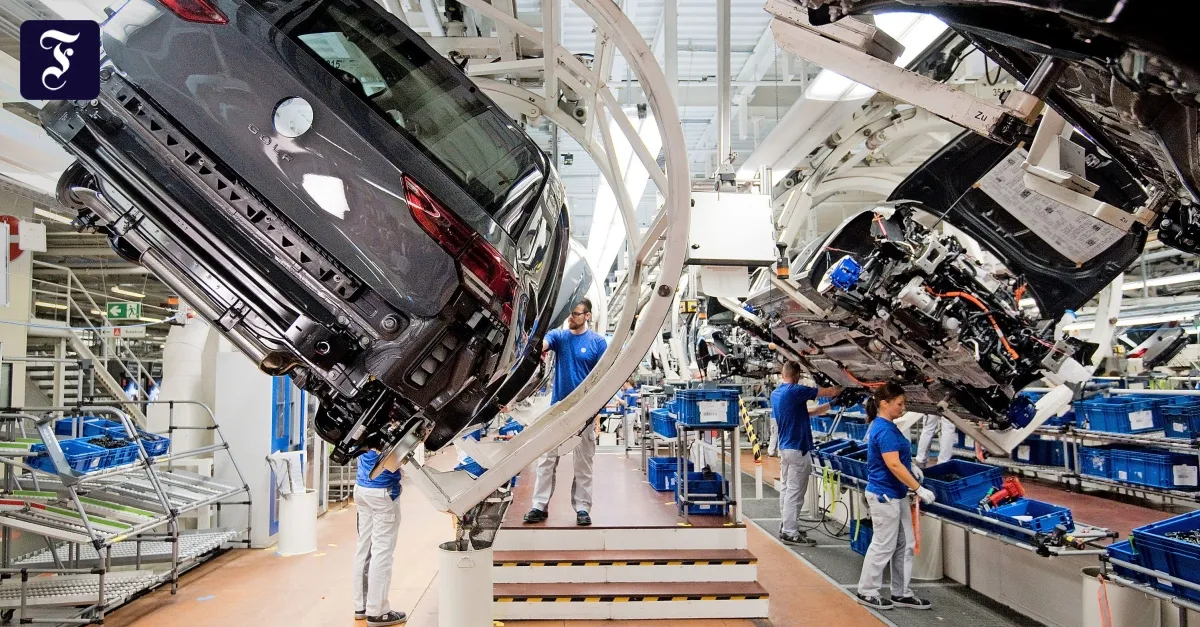Helena Wisbert Highlights Political Divides Amid VW's Cost-Cutting Measures

Helena Wisbert Examines VW's Cost-Cutting Impact
Helena Wisbert's analysis shows that the intensified cost-cutting measures by Volkswagen, Germany's largest automobile manufacturer, have stirred considerable political debate. CDU leader Friedrich Merz has publicly criticized these changes as indicative of Germany's poor performance on the international stage, labeling the company's shift towards electric mobility a potential misstep.
Political Reactions to VW's Decisions
Merz's assertion emphasizes that Germany is losing its competitiveness, with discussions intensifying over the future of automobile manufacturing in the country. Meanwhile, VW has indicated that production closures and layoffs are no longer off the table, drawing further political backlash.
Stakeholders Respond to VW's Austerity Plan
Green Party lawmaker Sandra Detzer countered criticism from Merz, arguing that such debates are detrimental to the company and its workforce. Despite VW reporting a profit of around 22 billion euros last year, the potential for substantial job losses and facility closures looms large.
Future Prospects and Industry Challenges
The automotive industry is on edge as companies navigate challenges from both domestic and international markets, with players like BYD making strides in China. As VW's CEO Oliver Blume calls for stringent measures, the company faces a pressing need to regain its competitive edge within Germany and abroad.
This article was prepared using information from open sources in accordance with the principles of Ethical Policy. The editorial team is not responsible for absolute accuracy, as it relies on data from the sources referenced.